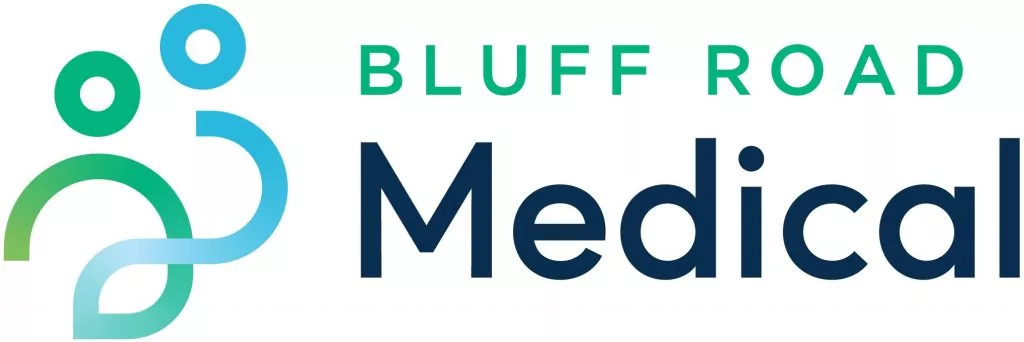Measles vaccinations
Given the recent cases of measles in Victoria, it’s a timely reminder to check your vaccination records to make sure you’re up-to-date. In this article, we explain why you may need a measles booster shot.
What is measles?
Measles is a highly contagious viral infection that can survive in the environment for up to two hours. It’s usually spread when an infected person coughs or sneezes, and other people inhale the droplets. Measles can also be passed on via direct contact or by touching a surface that an infected individual has come in contact with.
In recent times, we’ve seen more cases of measles because of lower vaccination rates in some areas and from people contracting the virus overseas and bringing it into Australia.
Measles symptoms
Initially, the symptoms include a cough, fever, runny nose, fatigue and conjunctivitis. A distinctive dark red rash then appears, usually starting behind the ears before spreading elsewhere (the rash is raised but not itchy). Whitish spots may also appear inside the mouth.
Complications
Measles can lead to various health complications, including death. Possible complications include liver infection, blindness, ear infections, respiratory problems, vomiting and diarrhoea, encephalitis (inflammation of the brain), brain damage and a condition called Subacute Sclerosing Panencephalitis (SSPE). This incurable degenerative brain condition can take effect several years after someone has contracted measles.
In pregnant women measles can cause premature labour, miscarriage and stillbirth.
Who is at risk?
Adults born between 1966 and 1994 may be at greater risk because they may have only received one dose of the measles-mumps-rubella vaccine. A two-dose program was only introduced in 1992. Children, pregnant women and those with compromised immune systems are also at greater risk.
As of August 1, there were 30 confirmed measles cases in Victoria so far this year. Almost all of the sufferers were people who had not been fully immunised, who had travelled overseas or been in contact with people who had been overseas.
Measles booster
A free measles-mumps-rubella (MMR) vaccine is available for adults born during or since 1966 who have not contracted measles or received two doses of the vaccine. If you’re unsure of your vaccination status, speak to us about a booster vaccine.
International travel
There are currently measles outbreaks in Asia, Europe and America, so if you’re planning to travel overseas, it’s particularly important to make sure you have had two doses of the vaccine.
Prevention
The best way to protect yourself is to have the MMR vaccine. The vaccine, which is offered to children as part of the National Immunisation Program, offers 93% protection after one shot, and 97% protection after a second.
Treatment
Measles is a virus, so antibiotics won’t treat it. Generally, we recommend rest, plenty of fluid and pain killers if necessary. People with measles should stay home and avoid contact with others.
Like to find out more?
If you think you may need a booster shot, please book in with one of our doctors.
If you suspect you may have measles, seek urgent medical help. Please inform us before arriving at the clinic, as we will need to take precautions to prevent spreading the virus. You should also notify the Department of Health and Human Services on 1300 651 160.
